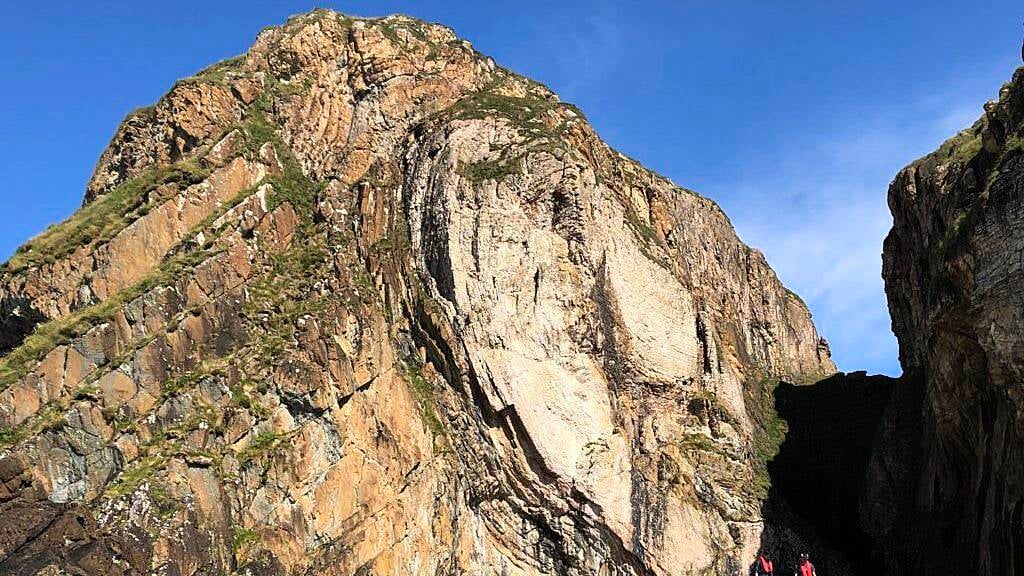Scottish and Irish rocks may be rare record of ‘snowball Earth’, study suggests

A rock formation that spans Ireland and Scotland may be a rare record of snowball Earth – a crucial moment in planetary history when the globe was covered in ice.
The Port Askaig Formation, which is made up of layers of rock up to 1.1km thick, was likely to have been laid down between 662 and 720 million years ago during the Sturtian glaciation, research suggests.
This was the first of two global freezes thought to have triggered the development of complex life.
According to the new study, one section of exposed rock, found on Scottish islands called the Garvellachs, is unique as it shows the transition into snowball Earth from a previously warm, tropical environment.
Other rocks that formed at a similar time, like some in North America and Namibia, are missing this transition.
Therefore researchers believe their findings may be the world’s most complete record of snowball Earth – a theory that suggests Earth’s oceans and land surfaces were covered by ice from the…

We’ve summarized this news for a quick read. If you’re interested, you can read the full article here:

 If you find this site helpful, share it with your friends!
If you find this site helpful, share it with your friends!